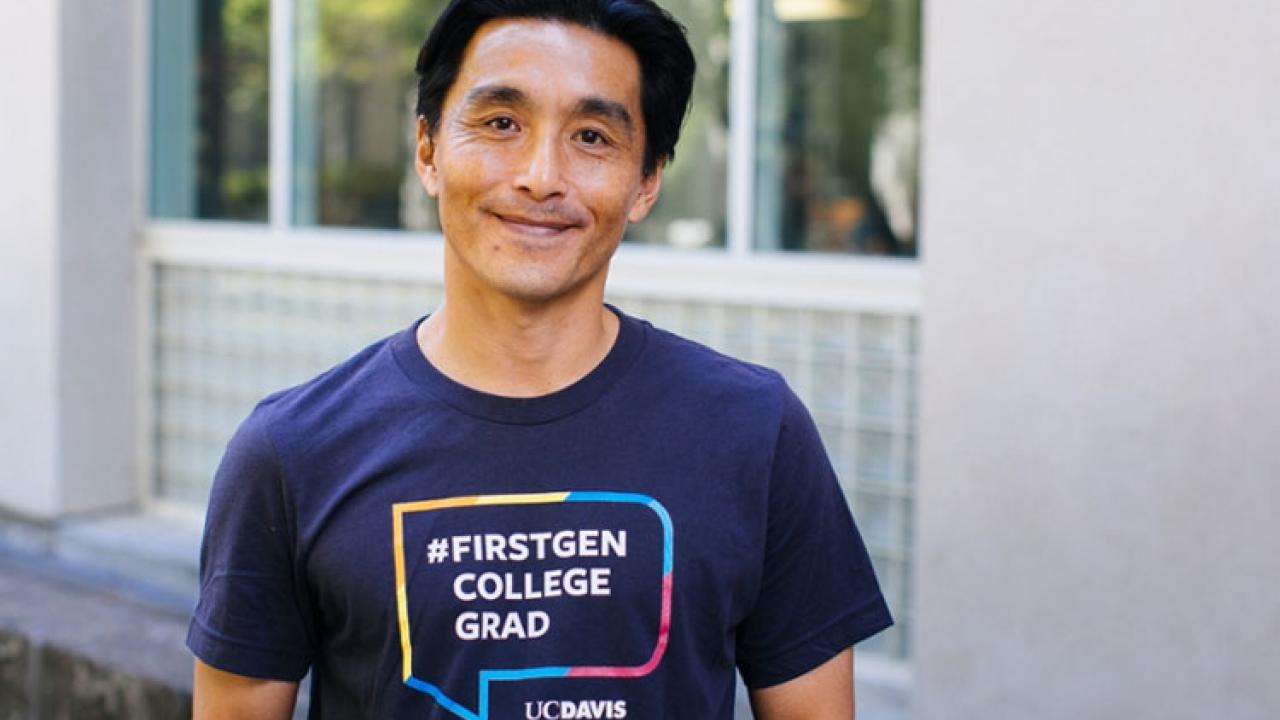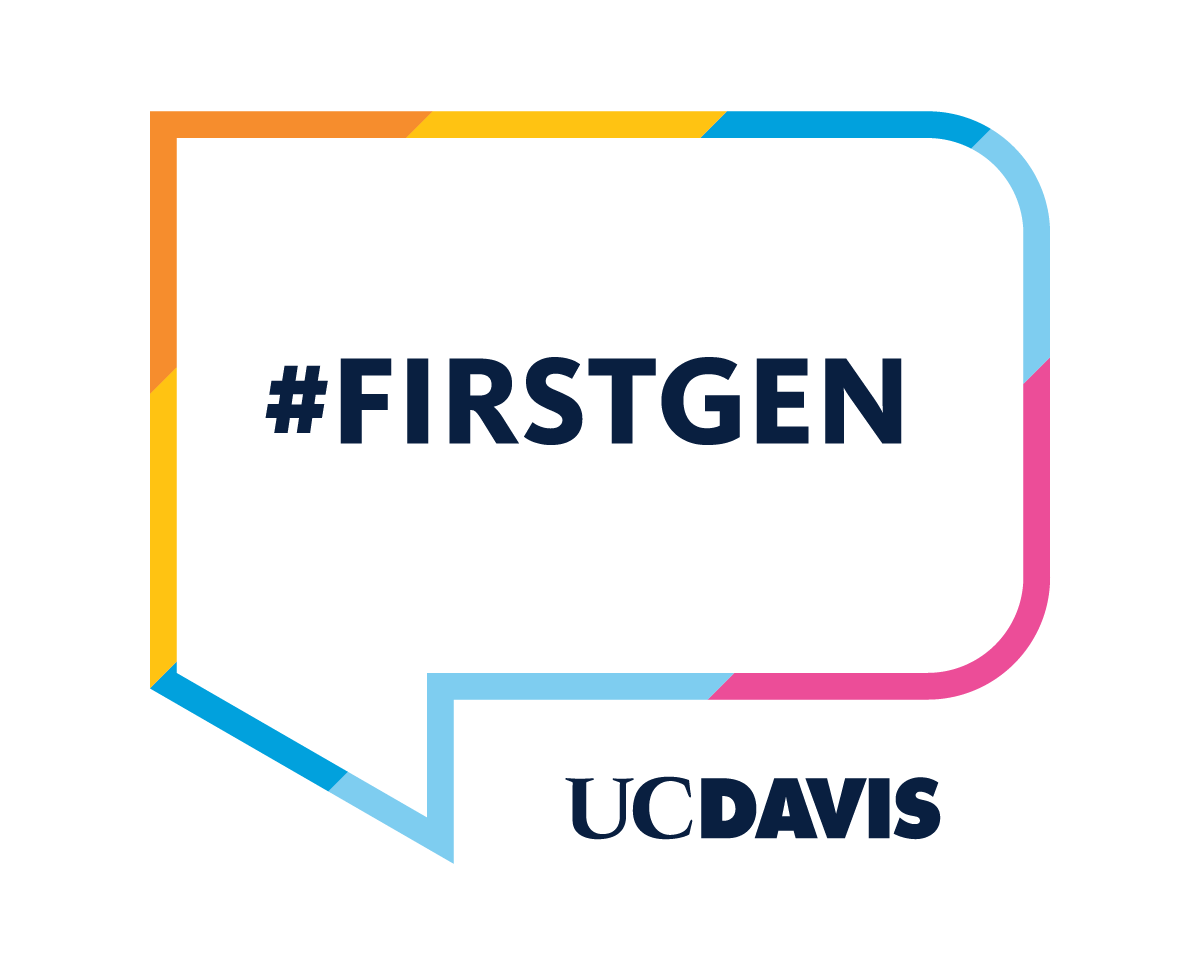
From Poverty to Poetry: Education as a Pathway to a Better Life - Joseph Sorensen
I GREW UP in San Francisco in impoverished circumstances. Both of my parents were food-service employees, but by the time my two younger siblings were school-age, my father was an addict living on the streets and my now-single mother was on welfare struggling to raise three children. School was a haven for me, but also a place where I could clearly see the differences between my own circumstances and those of my peers. I was lucky to have close friends and caring teachers who believed that education was a key to success. For me, that meant a pathway towards a better life.
Is there something you remember as being especially challenging or intimidating in the transition to college?
I think the quote, “Poverty is a state of mind” is often misinterpreted to mean that anyone can just “think” their way out of poverty. I know from my own personal experiences that material poverty breeds a kind of poverty of mind that makes it difficult to even see, much less take advantage of opportunities. For example, because basic food and clothing needs were a struggle in my family growing up, my mother encouraged me to drop out of high school and get a minimum-wage job so that I could contribute to household expenses. All she knew about college was that it was expensive, and “not for us.” I had no idea what AP classes were, what the SAT test was, or that it was required for college applications—all examples of poverty of mind. Meanwhile, my peers were being sent to SAT prep courses (which is how I found out about the test), worrying about their GPAs, and calculating cut-offs for various UC schools. The biggest challenge for me was not knowing what to do, how to apply, or even the right questions to ask.
Was there anyone in particular who helped or encouraged you?
I had a mentor, Mr. Fred Romagnolo, who was my teacher in the 7th grade. I shared with him my troubles at home and he took me under his wing. We moved on together to Lowell High School where I was his student, and later his teaching assistant. I was ignorant of the AP-track courses many of my peers were in (another example of poverty of mind), and he helped me argue my way into those courses belatedly. He encouraged me to apply for college, and he put me up when I took the plunge to attend UC Berkeley, against my mother’s wishes. My first book, which earned me tenure here, is dedicated to him.
How did you choose higher education as your profession?
I was always interested in the humanities, particularly literature. My mentor encouraged those interests. At UC Berkeley I took a range of art history and philosophy classes, while studying the Japanese language that was part of my heritage. Classical poetry is what hooked me into the Japanese major, and I went on to study in Japan on a Japanese Ministry of Education scholarship. I then applied from Japan for graduate school back in the U.S. I thoroughly enjoyed every opportunity I had to teach classes, whether it was language, literature, or cultural history. My focus on Japanese literature, and classical poetry in particular, was something I could only teach at the university level. I feel privileged to be able to share my knowledge and expertise with new students every year.
What advice would you give to first-gen students at UC Davis?
You belong! There are resources to help you with your struggles, but identifying your needs early is key so that you can take that extra step to get the assistance necessary for your success. Having a mentor can be a great help. Education is still a great equalizer, and a kid who had no idea what an SAT test was can be just as accomplished as those being sent to prep courses. It just takes a little more personal initiative and fortitude to get there.
